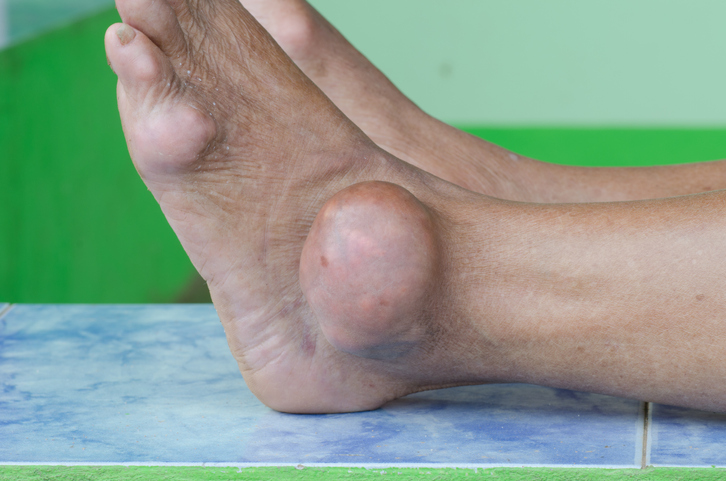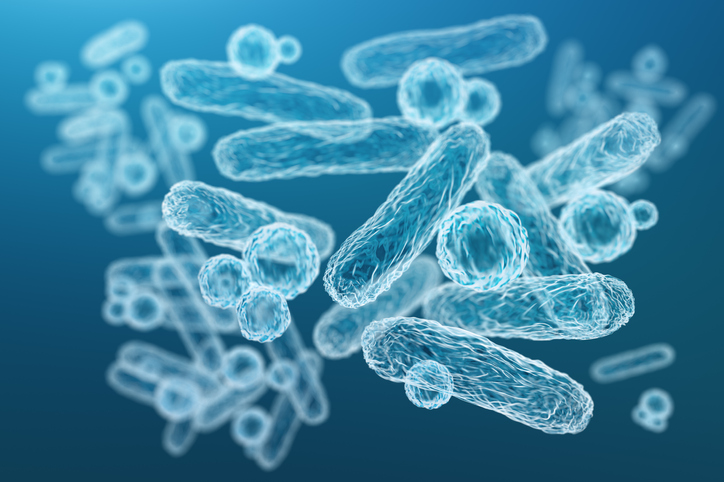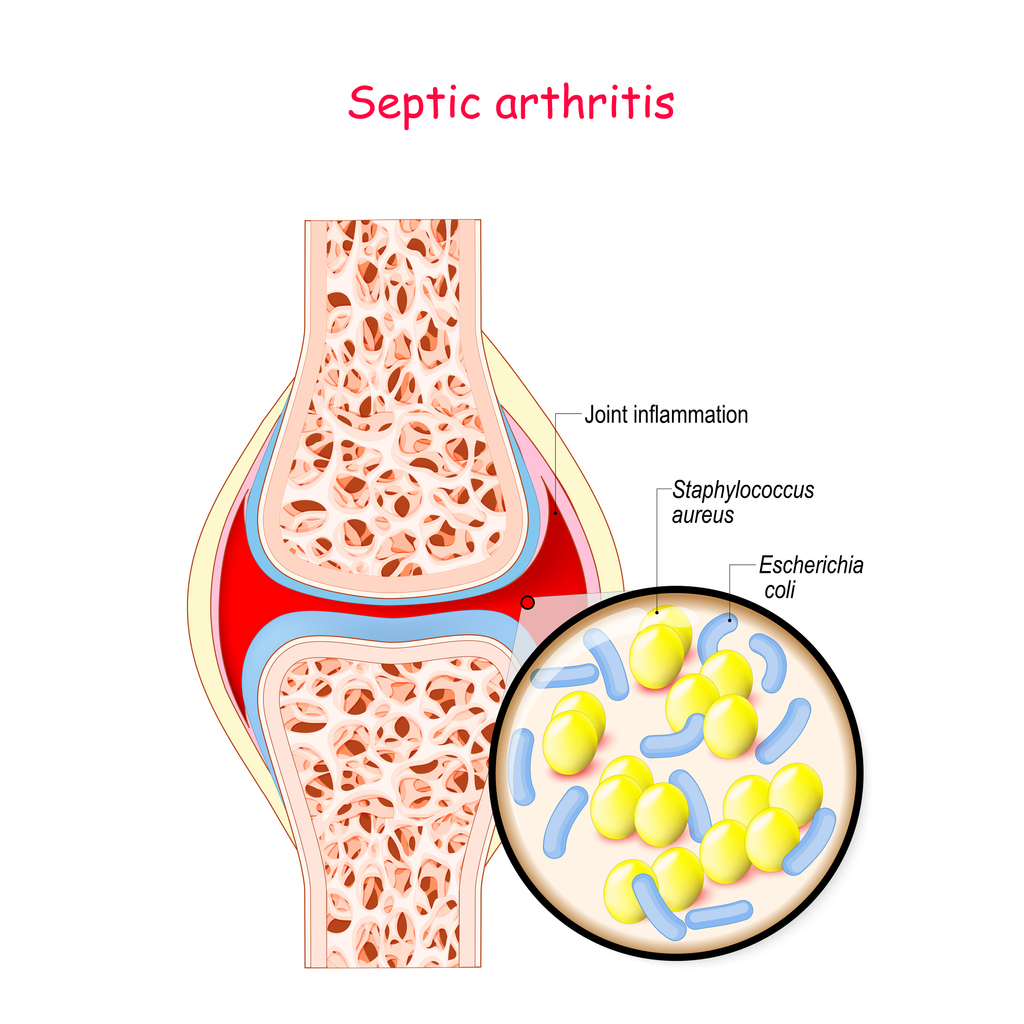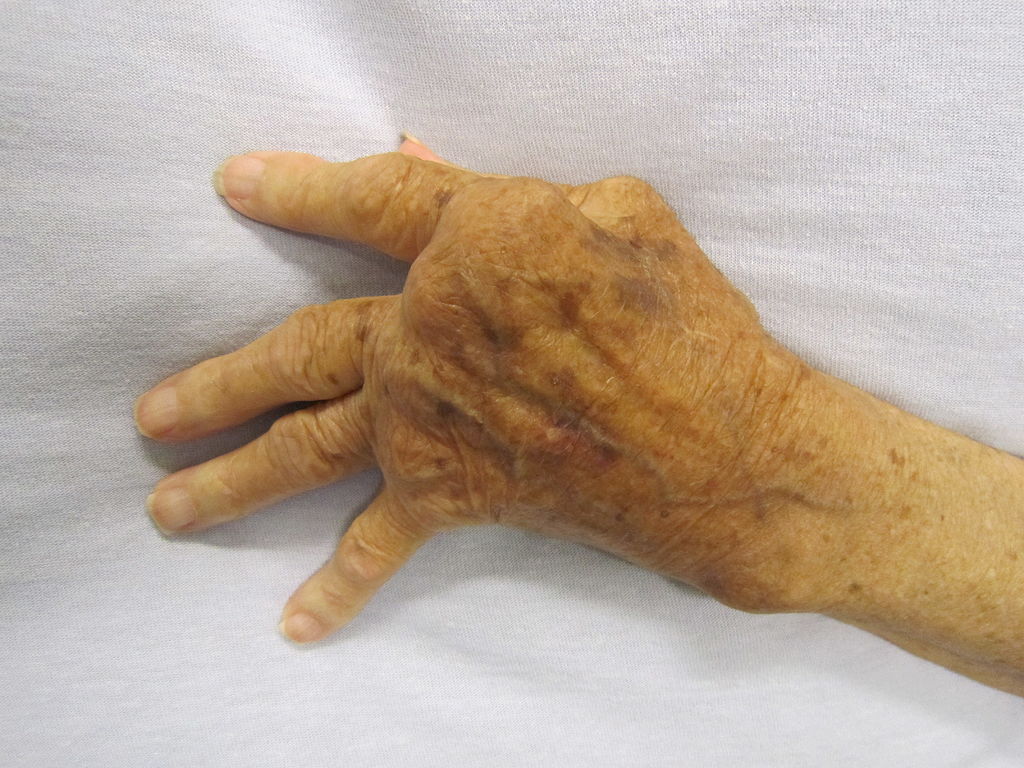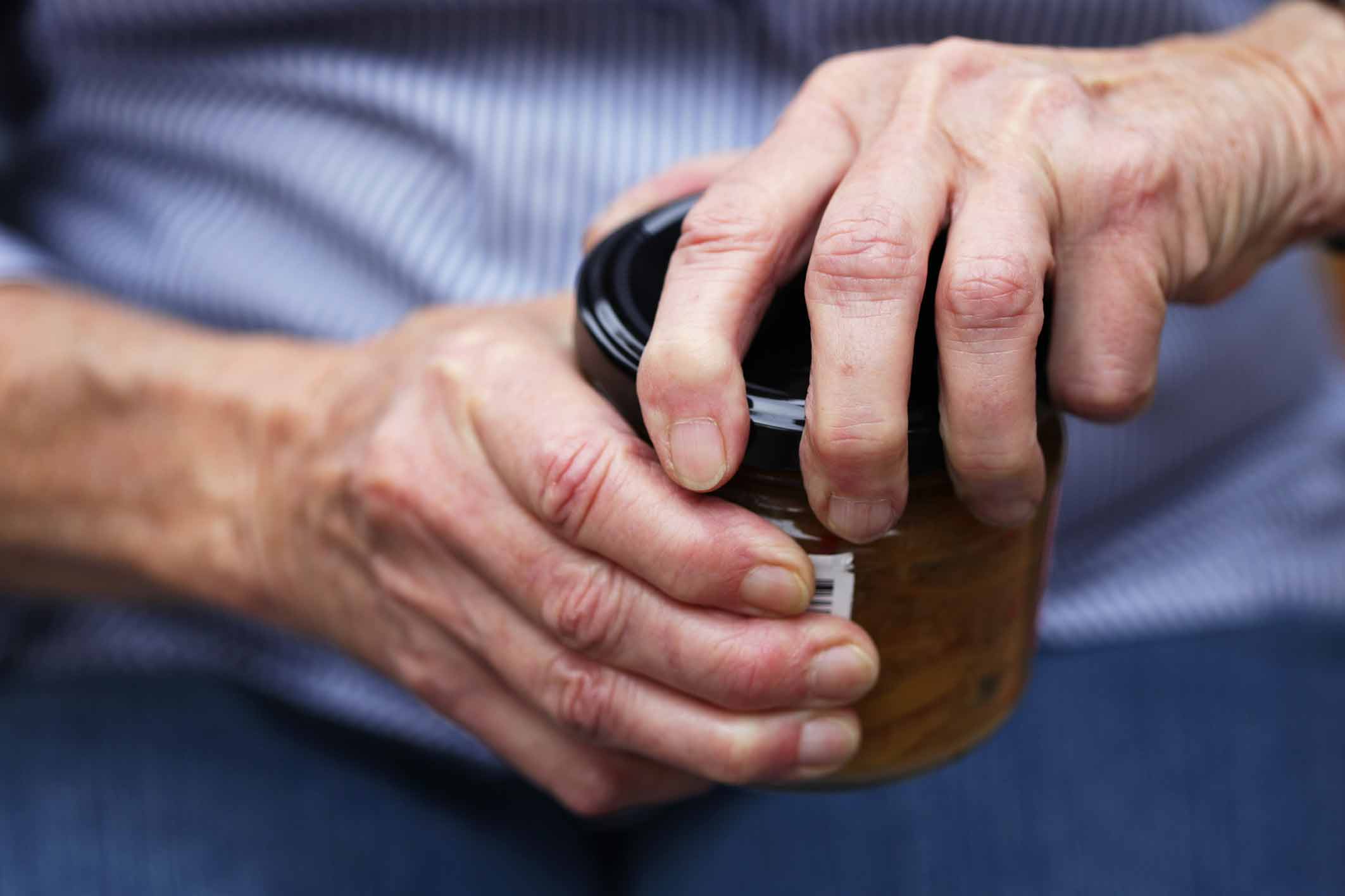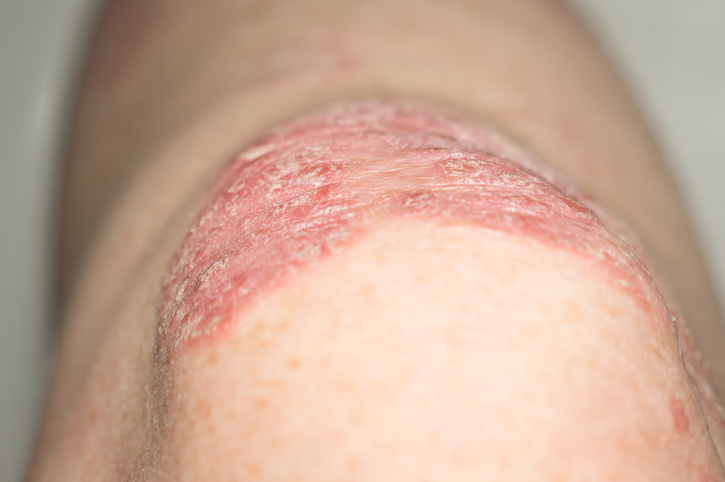Pain
Progression and Complications of Gout

What is gout?
Gout is a complex form of arthritis that can develop when the blood contains high levels of uric acid. If the body produces too much uric acid or the kidneys excrete too little uric acid, it can build up in the blood and form sharp urate crystals in or around specific joints, most commonly the joint at the base of the big toe.
Gout attacks often occur suddenly and cause intense pain. The affected joint becomes hot, swollen, red, and extremely tender to the touch. A sensation that the joint is “on fire” is common, and even the weight of a sheet on the affected joint is extremely painful. Acute gout attacks typically last 3-10 days. Symptoms are not present between gout attacks. However, if left untreated, gout can become chronic and cause permanent damage to the affected joints.
Progression of gout
If gout is diagnosed and treated early, most people with gout live a normal life. For those with advanced gout, lowering the uric acid levels in the body can improve joint function. As gout progresses, the following can occur:
- Recurrent gout can result in joint destruction or surrounding skin erosion.
- Joint deformity can develop from frequent gout attacks.
- Lack of sleep due to gout can cause fatigue, stress, and mood swings.
- Pain associated with a gout attack often interferes with everyday physical activities, such as walking.
Complications of gout
While some people may only experience one gout attack, others may develop chronic gout. Untreated chronic gout or repeated gout attacks can lead to health complications, including the following:
- Tophi (hard nodules made of urate crystals) can develop in the joints, skin, and the soft tissue surrounding the affected area, resulting in permanent joint damage. Tophi may develop in the fingers, hands, wrists, elbows, feet, ears or the Achilles tendons. Although usually not painful, tophi can swell and become tender. As tophi continue to grow, erosion of the surrounding skin and joint destruction and fractures may occur.
- Kidney stones may develop if urate crystals develop in the urinary tract. Accumulation of urate crystals can result in reduced kidney function, kidney disease, or kidney failure.
- Recurrent gout can lead to severe degenerative arthritis, including cartilage loss, bone erosion, and joint destruction.
- Secondary infections
- Gout that affects the spinal column may lead to nerve or spinal cord impingement.
- Although very rare, uric acid crystals can form in the lungs.
Medication, lifestyle adjustments, and dietary changes can ease symptoms and reduce the severity and frequency of gout attacks.





